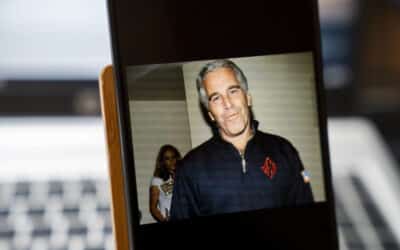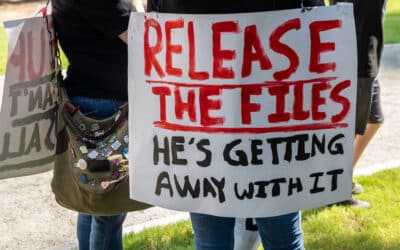Around Donald Trump’s ascension to the White House hangs one question above all others: was the United States attacked by a foreign power, in this case, the Russian Federation? The allegation is that Russian President Vladimir Putin directed the Russian hacking and influence operation to target the 2016 American presidential election for the benefit of now-Commander-in-Chief Donald J. Trump.
That’s what the CIA, NSA, and FBI want us all to believe, based on the joint report they issued on Jan. 6. But as I have noted elsewhere, that report contained exactly zero declassified intelligence to back up the claim.
Still, House Democrats hinted darkly that if the public only knew what they did, there would be no doubt. Yet if members of Congress genuinely believe Russia attacked our electoral process—and thus our country—they need to put up or shut up.
House Minority Leader Nancy Pelosi (D-Calif.) said in a statement that “As stunning as this report is in its revelations, I wish the American people could have access to more details. The American people have a right to know what a foreign power did to disrupt our election, regardless of the election’s outcome.” Democratic Whip Steny Hoyer (D-Md.) was equally categorical in his assertions about the evidence, calling Russia’s responsibility “undeniable.”
In the two weeks since the publication of that thin and still-controversial intelligence community report, leaked classified information suggests the FBI is leading an investigation of whether illicit Russian money was injected into Trump’s campaign. A sensational New York Times story, meanwhile, alleges NSA interception of communications between Russian officials and people working for Trump. Beating the same drum as Pelosi and Hoyer, House Oversight and Government Reform Committee ranking Democrat Elijah Cummings (D-Md.) told CNN that “If the public knew what Members of Congress know,” they would boycott Trump’s inauguration as well.
If what these members are saying is true, then there are mechanisms in Congress allowing them to share what they know with the public.
Read the rest at the Cato Institute.






























